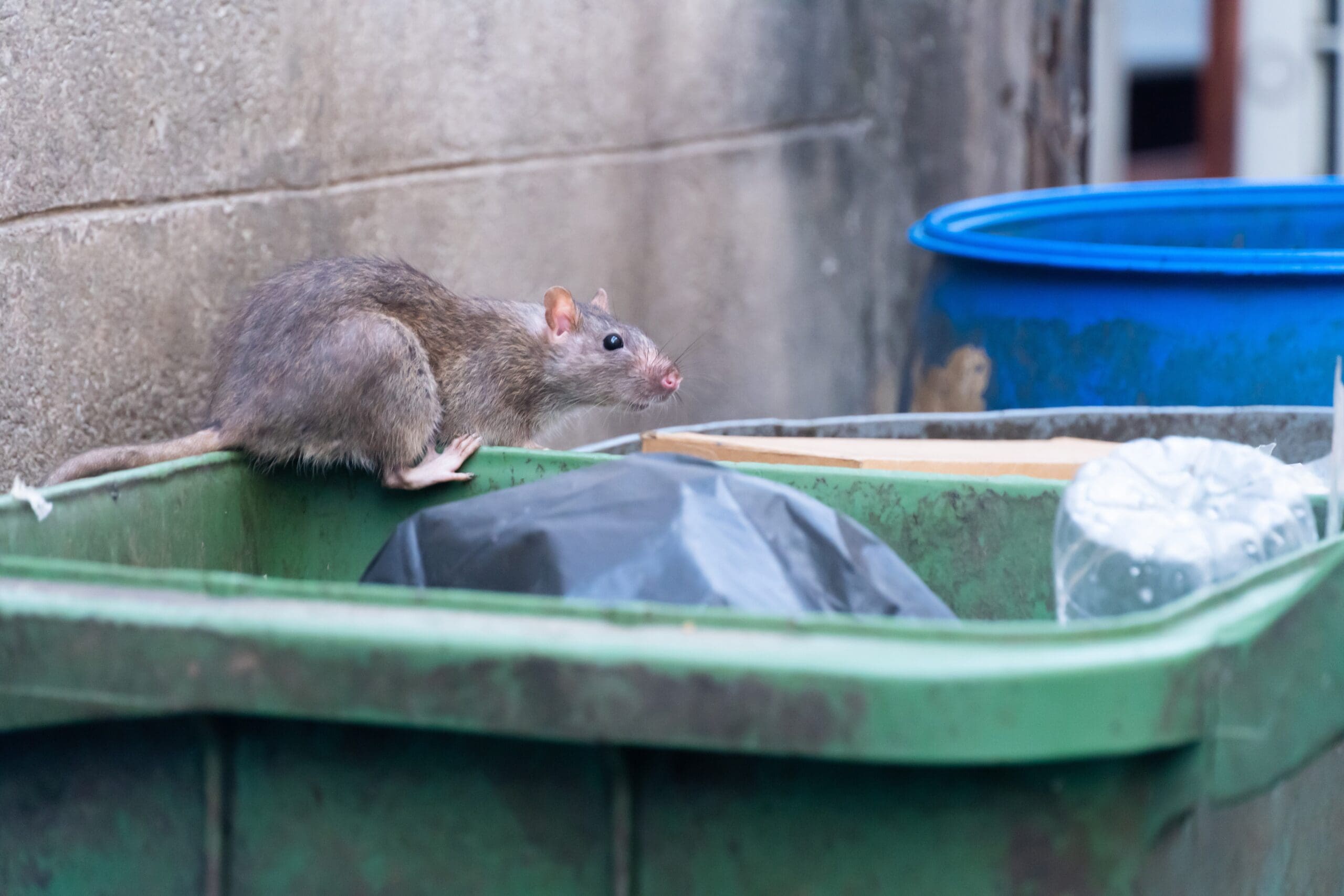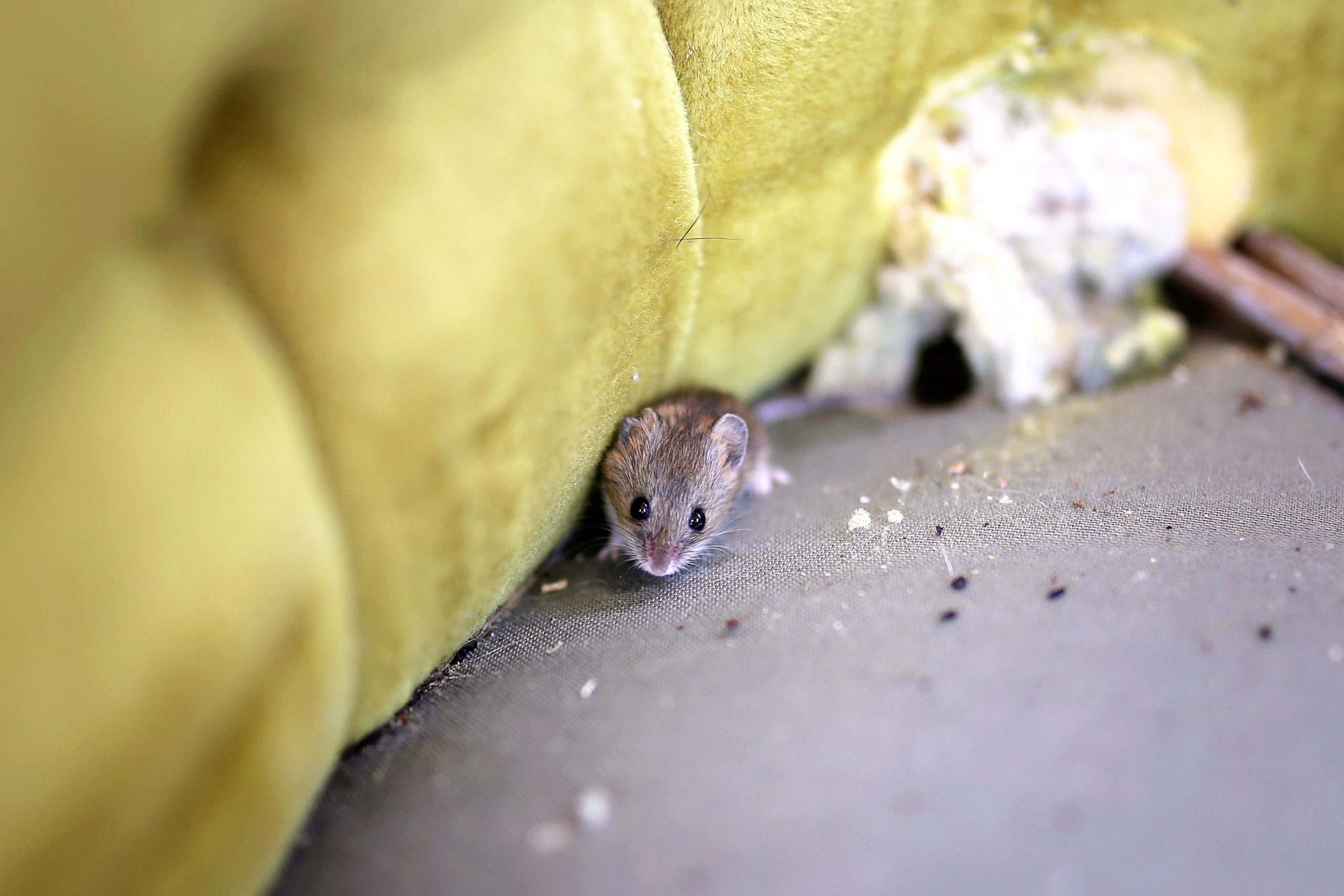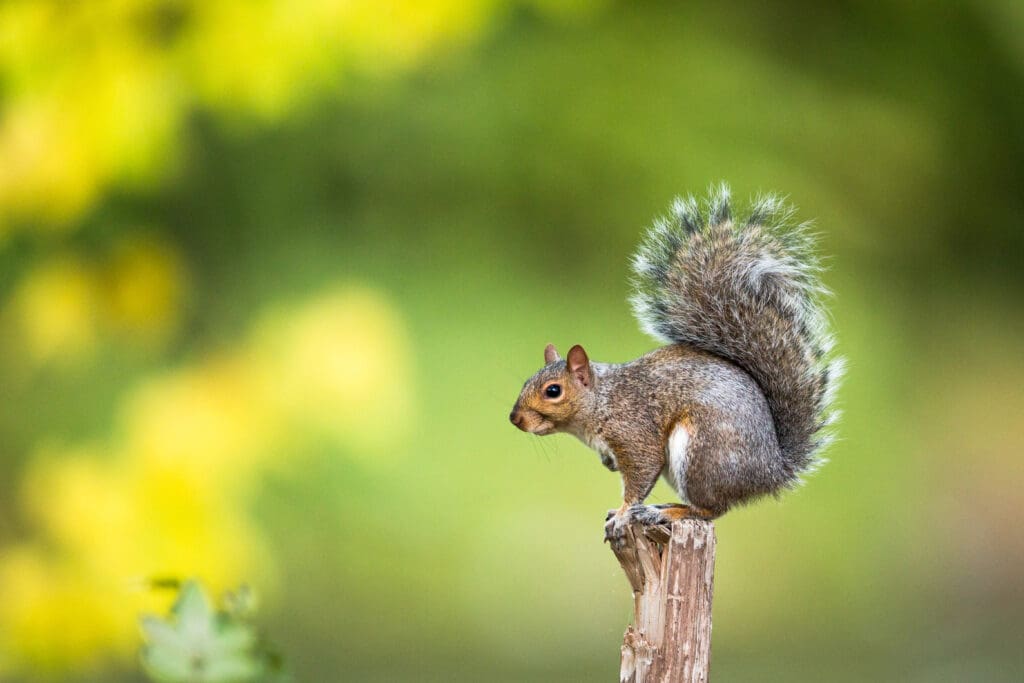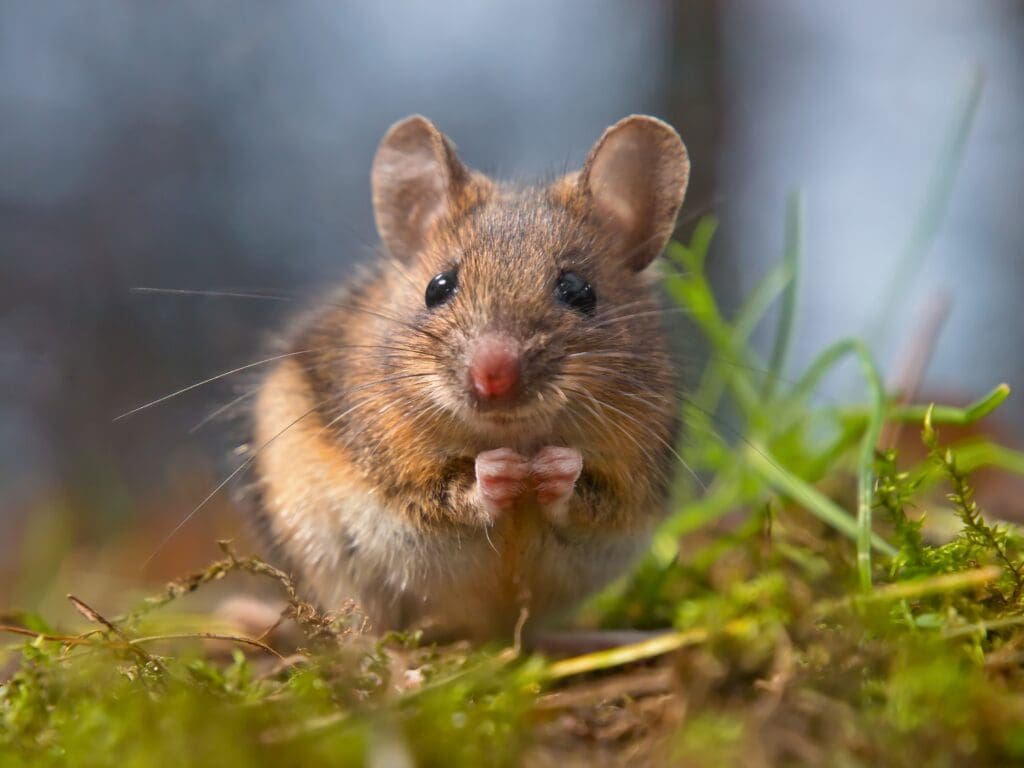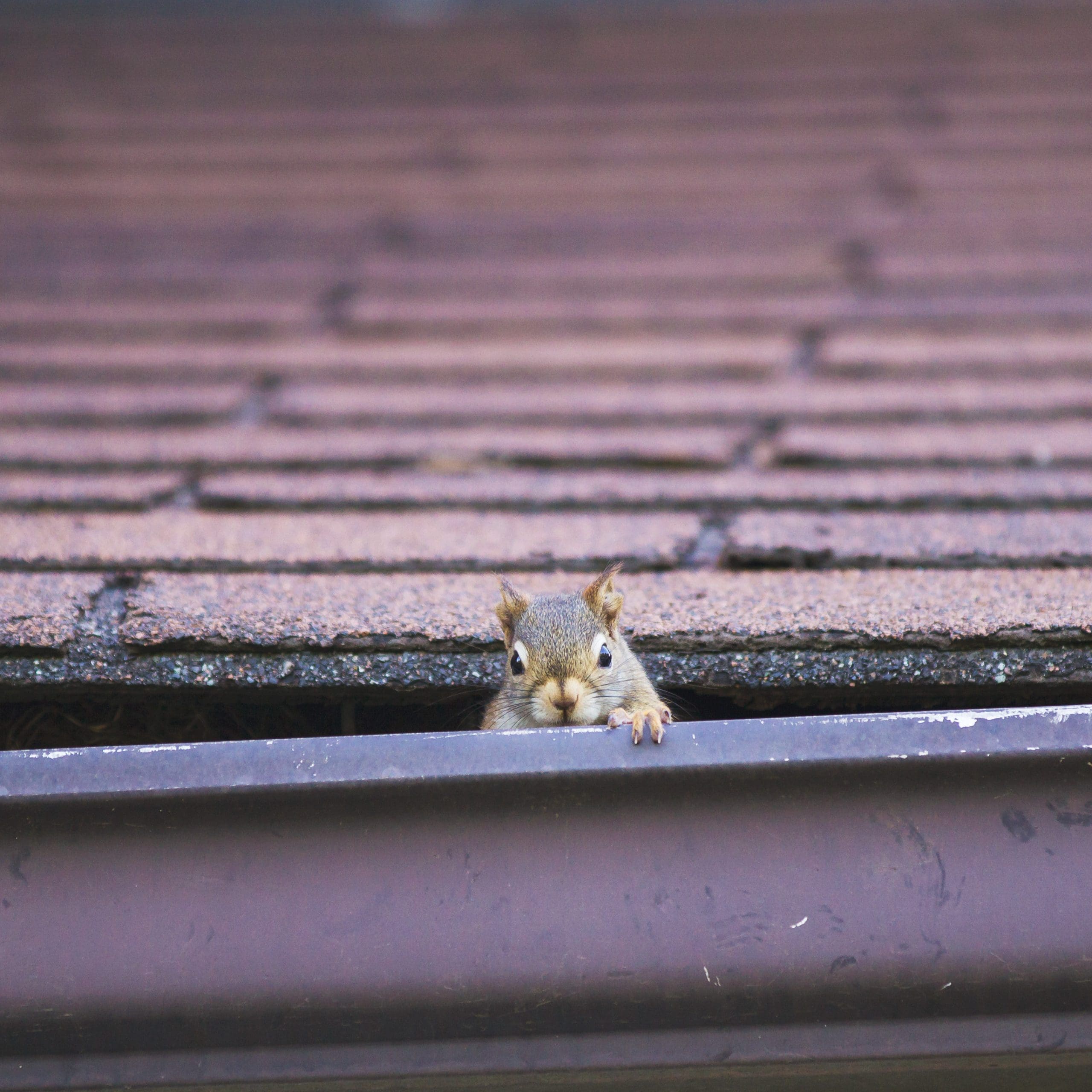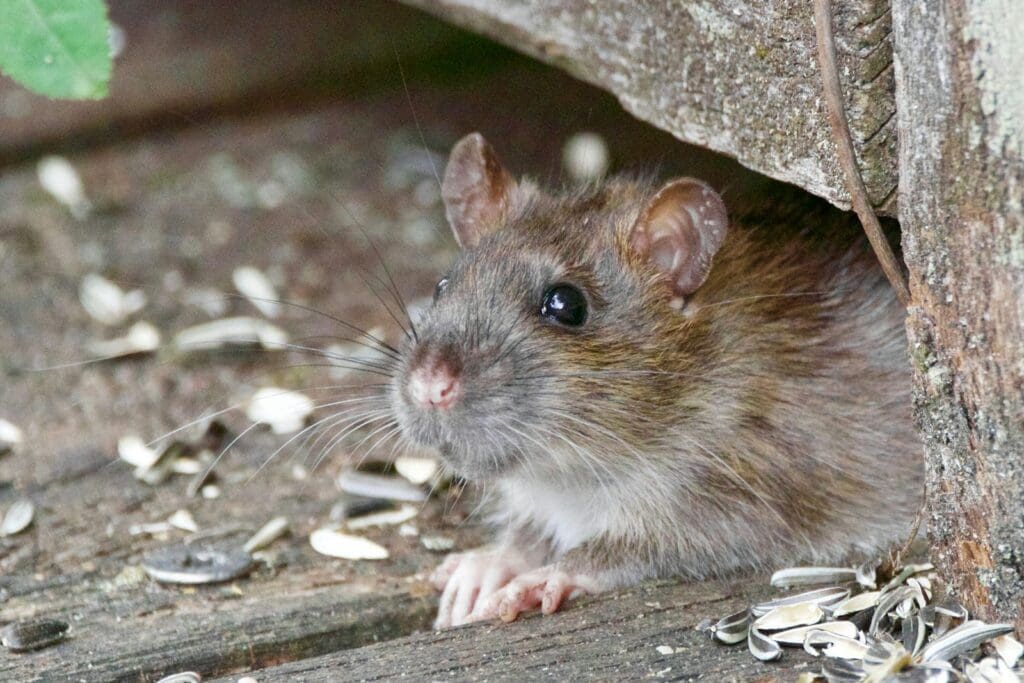
Rodent Prevention in Chippenham
Rodent infestation can occur in even the cleanest of homes and businesses, causing contamination, damage, and distress. At BEEKIND™, we take a responsible, sustainable approach to keeping your property rodent-free. Serving Bristol, Bath, Melksham, Trowbridge, and nearby areas, our expert team provides targeted rodent prevention solutions that prioritise safety, efficiency, and environmental protection. From mice to rats, squirrels to moles—we cover it all.
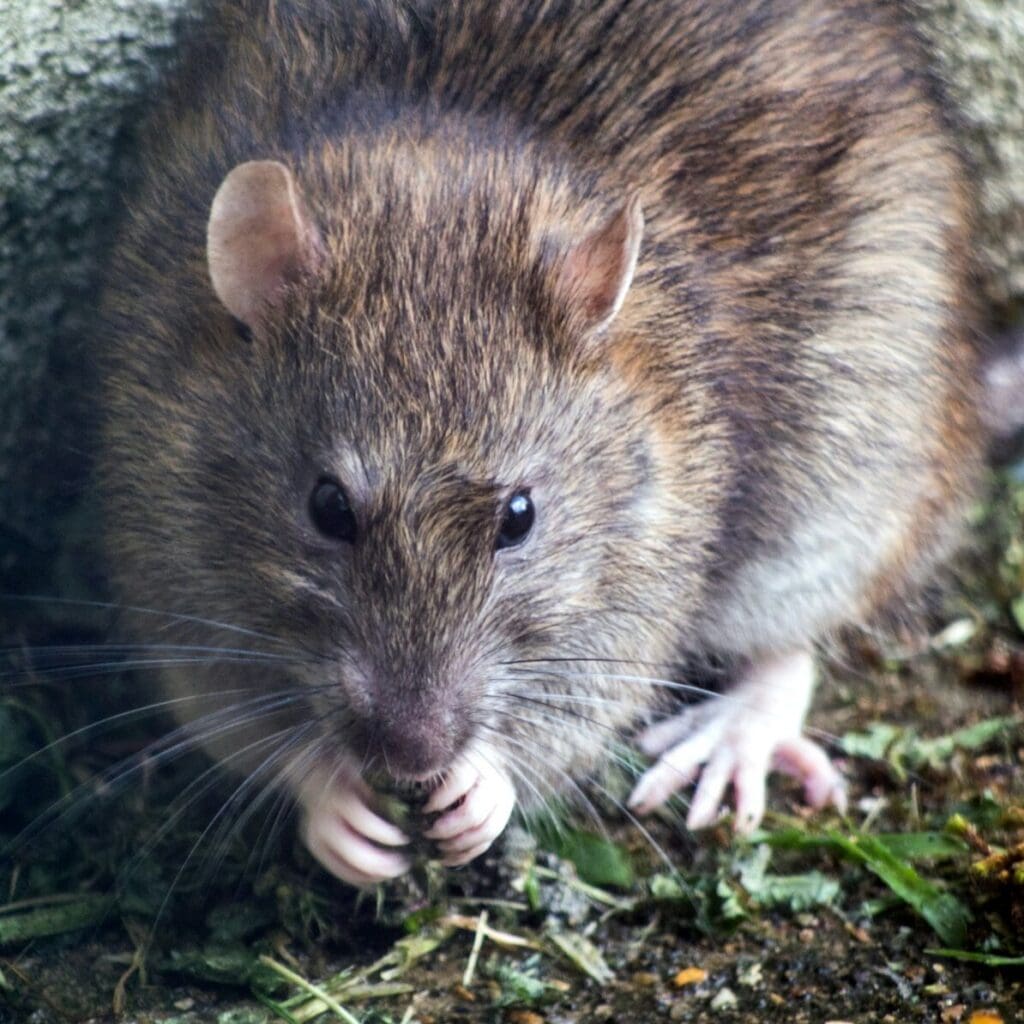
Rodent Control & Prevention Specialists for Bristol, Bath, Melksham, Trowbridge, Chippenham and the Surrounding Areas
Using rat poison for rodent prevention might seem like a quick solution, but it is neither practical nor reliable. As it moves up the food chain, poison can harm local wildlife, such as badgers, birds of prey, foxes, owls, and even household pets. As trusted experts in rodent control throughout Bristol, Bath, Trowbridge, Melksham, Chippenham, and the surrounding areas we cover, our residential and commercial pest control company adheres to the CRRU Code (Campaign for Responsible Rodenticide Use) to protect local wildlife.
Whether you need mouse control or rat-proofing, we handle it efficiently and safely! Call us at BEEKIND™ today to find out more about rodent, bird, insect, and woodworm services.
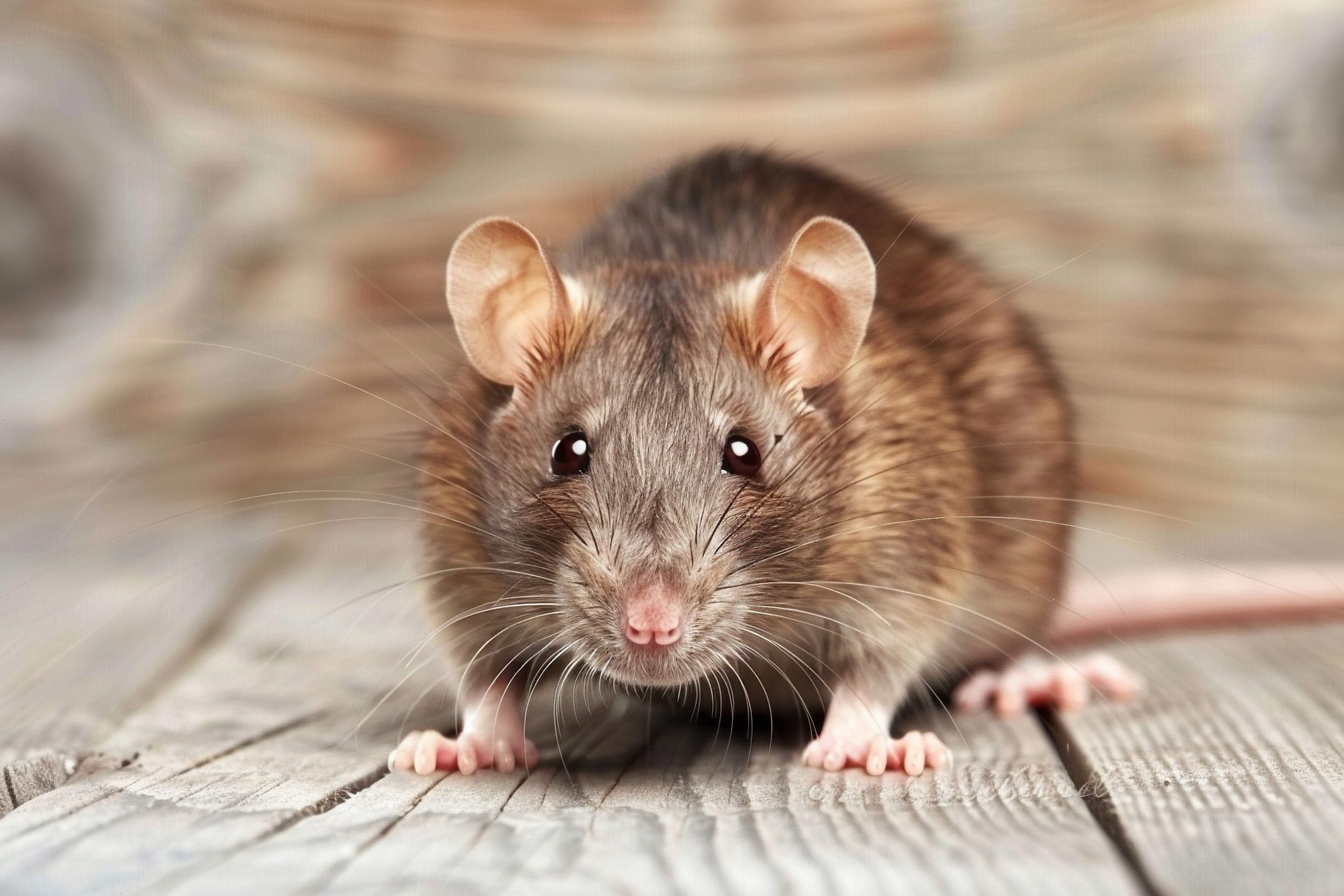
True Proofing Expertise from a Far from Average Pest Control Company
We don’t just tackle the rodents you can see—we stop new ones from getting in. Unlike your average pest control company, we focus on long-term prevention, not just quick fixes by throwing poison down. Our expert team carries out a thorough investigation and survey of your property to identify entry points and weak spots, then offers a range of proofing solutions to keep your home rodent-free.
We offer solutions such as fitting rat gates aka one way valves in drains, installing air brick mesh covers, metal discs under tiles, installing metal plates, cementing rat holes, or even reinforcing weak spots where mice, rats or squirrels have broken in. If needed, we can arrange a CCTV drain survey to check for sewer defects that may be giving rats an easy route into your property. We don’t believe in just throwing down poison—we find the root cause and seal rodents out for good. If you’re tired of repeat infestations, get in touch with BEEKIND™ for a smarter, more effective approach to pest control.











